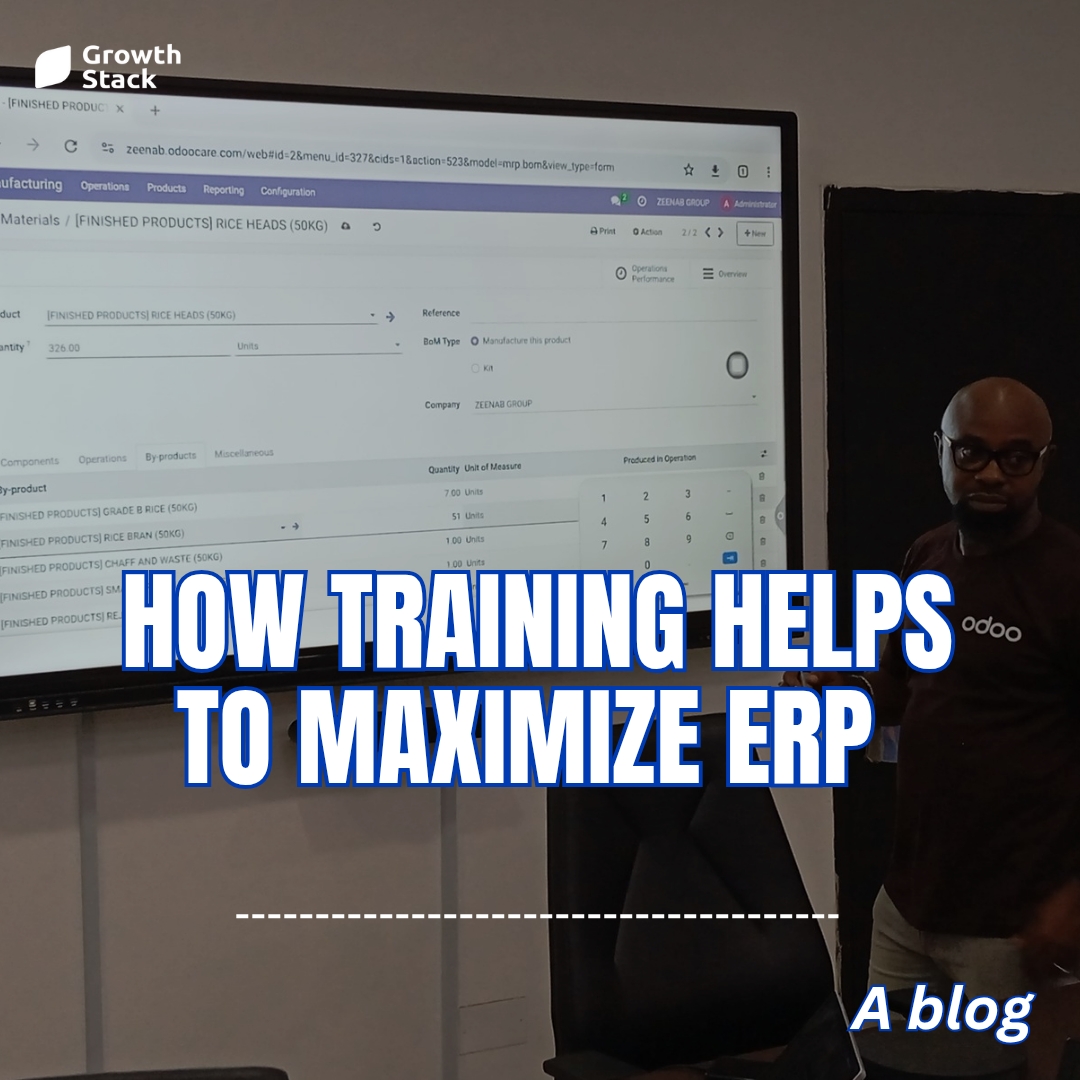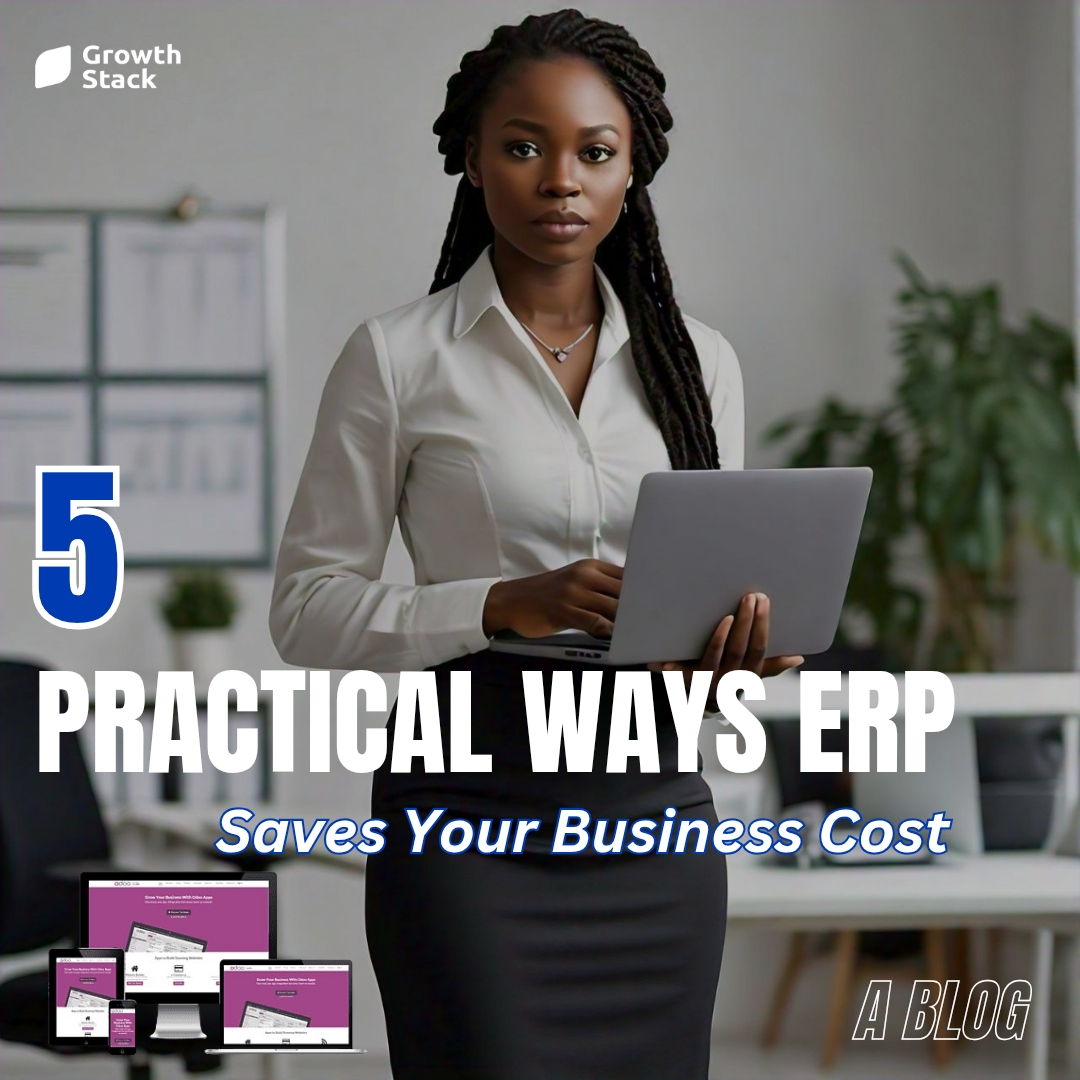The construction industry plays a major role in a country’s infrastructural development. Highly functional construction facilities are the backbone of advanced technological innovation, architecture, infrastructure, and national development. However, running an effective construction business is highly demanding and challenging work. Current research proves that up to 30% of unsuccessful construction projects have failed due to poor resource management, improper planning, or some combination of both factors. That is the why there’s a need for an ERP solution to improve the process in the construction industry.
Fortunately, a robust Enterprise Resource Planning (ERP) solution can help improve the business management capabilities of any construction company. ERP is an umbrella term describing a suite of digital software programs companies can use to centralize their data and business processes. In the construction sector, an ERP system can make it easier for managers to devise comprehensive plans and keep projects on track throughout the construction lifecycle.
An Enterprise Resource Planning (ERP) system in construction is an advanced tool that allows each department to work within its competence making work processes transparent and automated. The ERP software system fits both large and small enterprises and allows users to control construction processes in more detail, as well as efficiently save and manage resources.
Here are six concrete advantages that ERP systems offer the construction industry:
1. Ability to Monitor Project Progress
Construction is a highly complex industry involving numerous employees, contractors, suppliers, and other stakeholders. Construction companies are typically highly dynamic business operations with many moving parts and multiple projects operating simultaneously. Given this complexity, it’s easy for problems to go unnoticed until a project is complete and the resultant financial damage is irreversible.
An integrated ERP system can help simplify business management for construction companies by consolidating all the company’s processes, resources, and applications onto a single platform. ERP thus makes it easier for company leadership to supervise every aspect of the business in real time, identify issues as they arise, and take swift action to resolve them.
2. Streamlines and Automates Business Processes
Integrated ERP solutions also come with extensive process automation capabilities, which can significantly reduce the administrative burden on company leadership. Project management, cost estimations, procurement management, payroll, and invoicing are some critical business functions that construction companies can program their ERP systems to handle automatically. Process automation enables faster completion while eliminating the costly mistakes that inevitably arise from human errors.
Having delegated foundational processes to the system, company leaders and staff members can focus on more complex work, such as optimizing company resources, maximizing sales, and cultivating customer relationships. In this way, ERP solutions help optimize the capabilities of the company’s workforce and help drive greater efficiency for the entire organization.
3. Enhances Internal Communication
Efficient internal communication is essential for completing construction projects successfully, but many construction companies struggle in this area. Different departments often lack effective ways to contact each other, and these communication delays result in slowed operations and compromised project deadlines. ERP solutions can mitigate this problem with built-in video communication functions and chat forums. These tools make it easier for company executives and employees to communicate, collaborate, and share information.
Determining a purchase order for particular raw materials, for example, requires close coordination among project managers, engineering teams, purchasing managers, and accounting staff. A good ERP solution expedites the interdepartmental transfer of such reports, facilitates easy back-and-forth changes, and enables real-time monitoring of the whole situation until it’s resolved.
4. Drives More Intelligent Business Decision-Making
Business conditions today change faster and more drastically than ever before. Thus, companies in most industries need comprehensive, secure, and accurate data to fuel more intelligent business decision-making. Construction ERP systems, for example, can collect, store, and manage company data from multiple sources in real-time. The system can display project costs and margins on easy-to-read dashboards, enabling executives to identify potential risks and opportunities and devise appropriate strategies on time.
5. Improves Project Management and Planning
Any construction project requires the efficient completion of multiple tasks, from procuring raw materials to allocating equipment to deploying teams on-site. Construction companies must strive to complete these tasks on time and minimize material wastage and downtimes. Lack of planning can result in cost overruns and delays that hamper the project’s overall progress.
Construction ERP software allows companies to track, store, manage, and analyze data related to labor, procurement, plant, and much more. These capabilities can help ensure that construction organizations don’t end up paying for materials or labor they won’t use for a particular project. After all, efficient allocation of resources can generate considerable savings over time just by itself.
6. Monitor if the Project is Within Budget
Most construction companies work with clients on a contractual, per-project basis. Project acquisition typically involves bidding against competitors using cost estimations. Clients then choose the most suitable bid based on the submitted design, the company’s reputation, and the cost feasibility of the company’s project proposal.
Because construction projects typically develop over several years, companies must plan expenses for such projects with potential overhead liabilities in mind. Construction companies can leverage ERP systems to produce the most accurate possible cost estimates and ensure that a project’s actual cost doesn’t overshoot its projected cost by too large a margin.
Construction companies looking to optimize their business operations with ERP software are best off working with reputable, experienced providers like Growth Stack.
With decades of experience in the industry and a wide variety of ERP solutions in our catalog, we’re well-equipped to collaborate with you on building the best possible system for your business.













